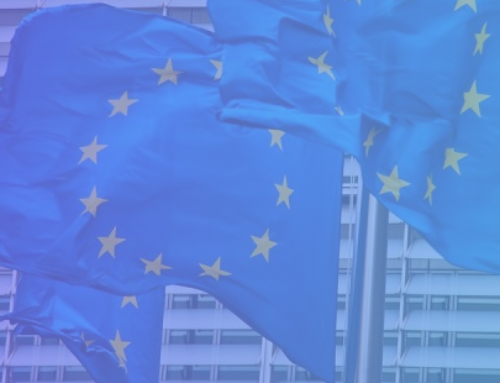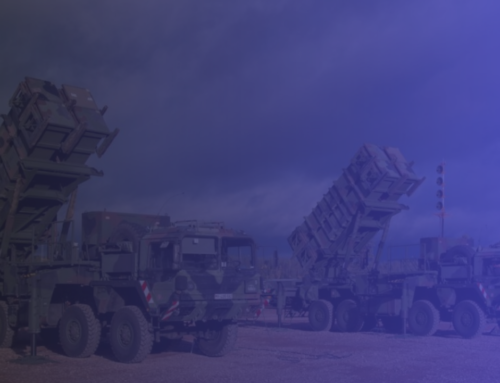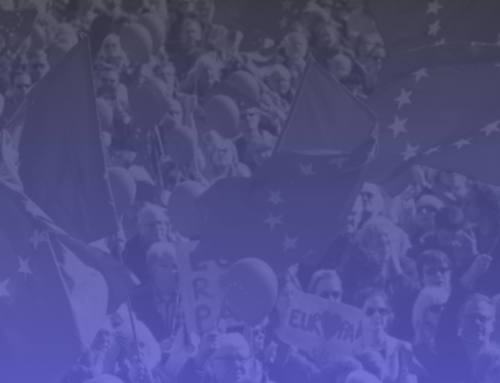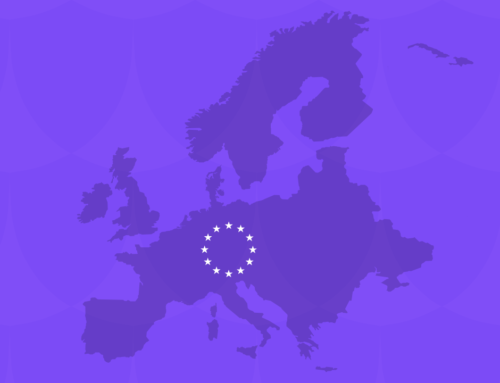Antoni Kamiński and Davide Genini
Reviving the European Defence Community (EDC) is both timely and necessary. The fact that over seventy years have passed since its inception is not a problem. Just as scientists work to bring extinct species back to life, the EDC can be revived to meet the challenges of an increasingly dangerous world. The EDC remains the most virtuous “European” framework for security in a more dangerous world.
The EDC stands as the only mechanism capable of uniting the EU and NATO into a cohesive defense framework. Unlike past initiatives such as the Western European Union or the European Security and Defence Policy, the EDC was conceived as a European pillar within NATO, designed to complement U.S. defense efforts. This dual role would allow the EU to establish itself as a credible security provider while preserving strong ties with NATO. Rather than duplicating efforts by creating a separate pan-European army from scratch, the EDC would harness NATO’s proven strengths, including its operational resilience, expertise in multinational military units, and well-tested methods of interoperability.
The EDC is the only (already existing) mechanism capable of addressing the global dimension of contemporary threats as reliance on either EU or NATO structures alone often results in excessive bureaucratic inefficiencies. The so-called “evil axes” – China, Russia, Iran, and North Korea – operates not only in Eurasia, but also in Africa and South America, combining overt military aggression with hybrid tactics such as cyberattacks and economic destabilization. For instance, Russia’s invasion of Ukraine benefited from tacit Chinese support, just as Beijing’s assertiveness in the Pacific relies on Moscow’s backing. As a domino effect, Iran has then activated its clients in Middle East, Hamas and Hezbollah. Although the Sino-Russian alliance is not as cohesive as its participants suggest, it remains sufficiently robust to threaten global stability. Reviving the EDC would enable Europe to counter these interconnected challenges more effectively, offering a unified and decisive Western strategy to confront global threats.
The EDC would also enable Europe to take greater responsibility for its own security, reducing over-reliance on Washington. By strengthening military capabilities and increasing defence spending, the EDC would allow Europe to assume a leadership role in global affairs. While integrated with NATO, the EDC is also subordinated to the EU, enhancing the EU’s global influence – whether working alongside U.S. forces or independently.
The EDC represents a credible response to the newly elected Trump administration. The EDC would provide the U.S. with a stronger, more self-sufficient European ally. It would enable Europe to transition from a dependent protectorate to a partner in defending the rules-based international order. Thus, the EDC would remain vital to the United States as long as the United States continues to be vital to Europe.





